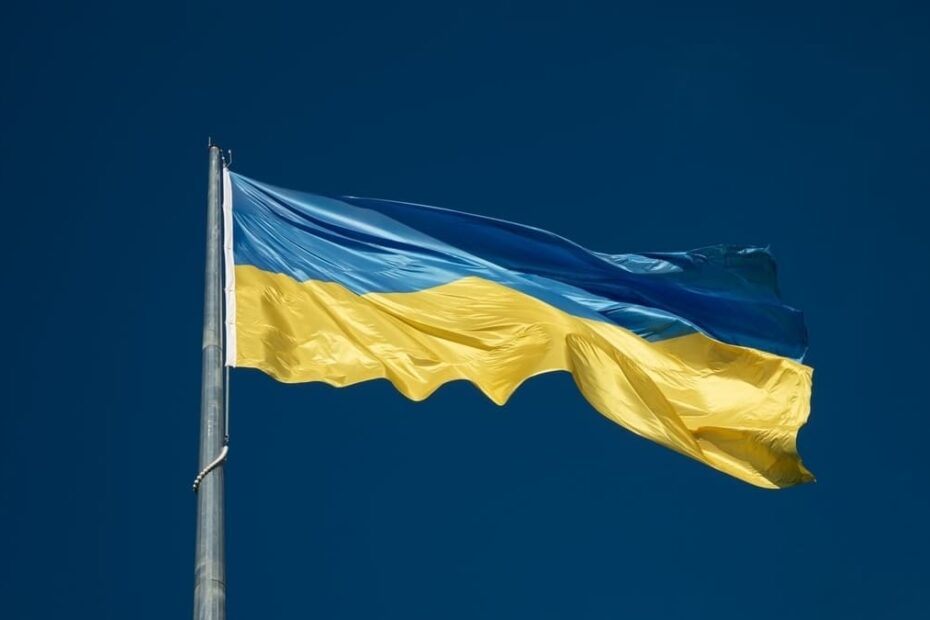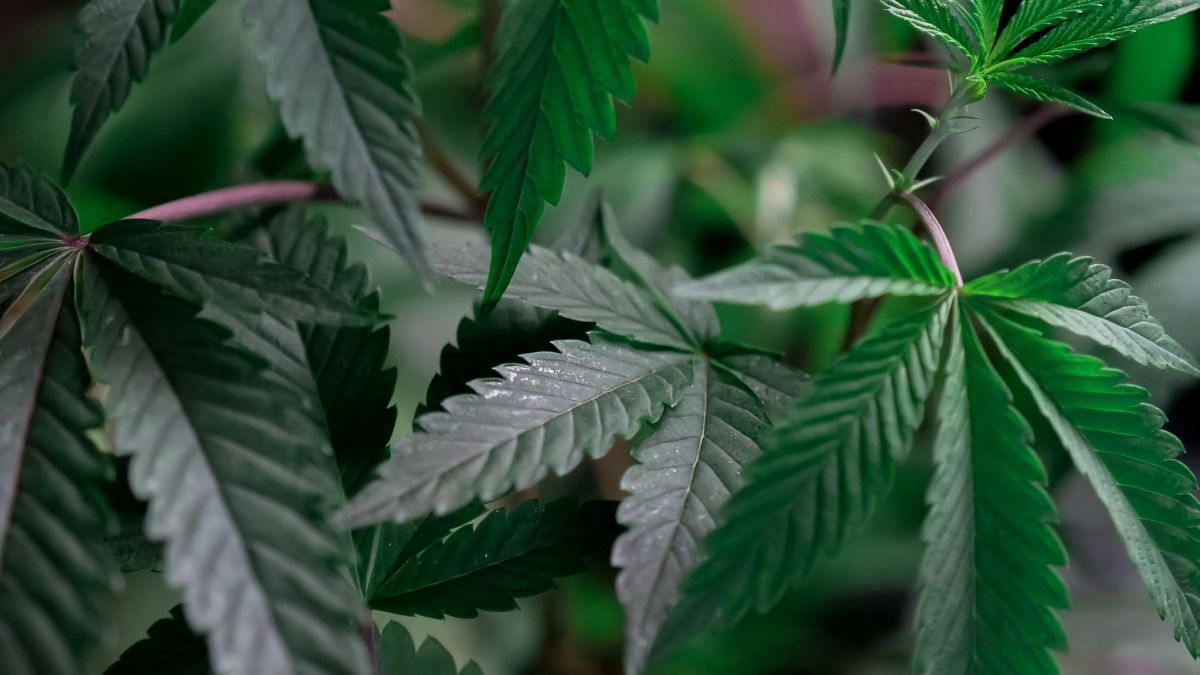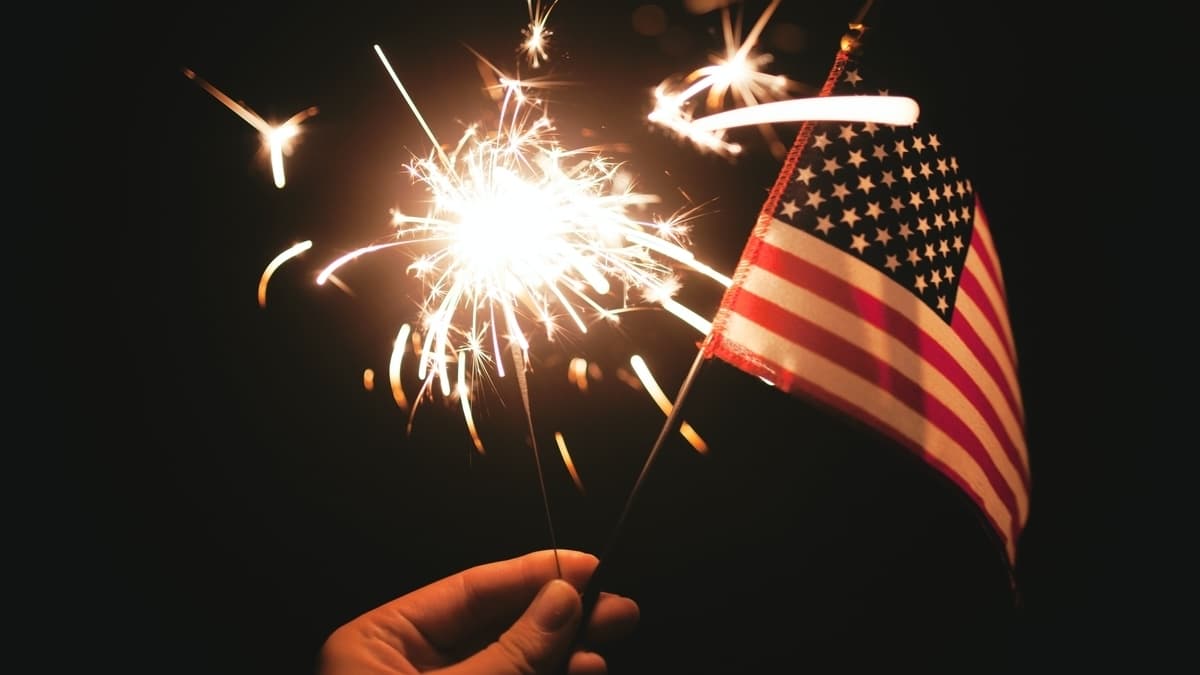As Russia invades Ukraine, and countries around the world react, we take a look at the initial reaction from Central American governments.
It might seem like something that shouldn’t affect this part of the world at all. Eastern Europe is a long way away, and the region doesn’t receive many tourists from either Russia or Ukraine. Some, yes, and pre-pandemic, a growing number. But never enough to dent tourist numbers in any Central American country.
But any major conflict in the world creates uncertainty, which affects oil prices and the stock market. This, ultimately, affects travel, including travel to Central America from places like the United States. Call it the butterfly effect.
So what are Central American governments saying about all this anyway?
We figured it was worth taking a look, even though seven small countries on the other side of the world mean next to nothing when it comes to global geopolitics.
So far, all countries except for El Salvador have commented on the situation (although that might change once their president stops incessantly tweeting about Bitcoin).
Belize, Costa Rica, Guatemala, Honduras, and Panama have all condemned the actions of Russia to some extent or another. All have called for a return to diplomacy and dialog.
Only Nicaragua has come out in support of Russia, alongside Cuba and Venezuela. Actually, let’s be clear – it’s the basket case dictatorial regimes of Nicaragua, Cuba, and Venezuela who are siding with Russia. Not so much the people.
Nicaraguan dictator Daniel Ortega has already recognized the breakaway Ukrainian republics of Donetsk and Luhansk as independent. According to him, Russia is “simply defending itself” by invading Ukraine.
Here’s what everyone else is saying:
Que nunca se olvide que #Cuba #Nicaragua y #Venezuela respaldaron la agresión militar de #Rusia contra #Ucrania, encabezada por #Putin. El conflicto tiene ya devastadoras consecuencias para los #DDHH del pueblo ucraniano y en todo el mundo https://t.co/qGAXb2rQHV
— Erika Guevara-Rosas (@ErikaGuevaraR) February 24, 2022
Belize
In a statement this morning, the Belizean Ministry of Foreign Affairs called Russia’s invasion a blatant breach of international law, and condemned Russia’s “unjustified and unprovoked attack.”
The Belizean government went on to say that it didn’t recognize the republics of Donetsk and Luhansk, and that it stood in solidarity with the people of Ukraine.
PRESS RELEASE: Statement by the Government of Belize on the Illegal Russian Invasion of Ukraine pic.twitter.com/KJHw5eGEEa
— Belize MFAFT 🇧🇿 (@MFABelize) February 24, 2022
Costa Rica
The government of Costa Rica said the Russian offensive contravened the letter and the spirit of the United Nations charter. It condemned the use of force and the violation of Ukraine’s sovereignty.
Costa Rica also highlighted its position as an “unarmed democracy, loyal to pacifism” and said that peace must be the path and the aspiration for all governments for their people.
Speaking separately, President Carlos Alvarado said the conflict would affect Costa Rica with higher fuel prices that would affect life in the country.
The situation also made its way into the ongoing presidential race, when both candidates made videos to exploit the invasion.
PLN candidate Jose Maria Figueres highlighted Costa Rica’s abolition of the army under his father. He also pointed out that Costa Rica became neutral and won the Nobel Peace Prize under PLN administrations.
Meanwhile, PPSD candidate Rodrigo Chaves said the invasion showed how much Costa Rica needed a government with the expertise to make the reforms the country needs, and that he was the one who could handle the global economic fallout from the war.
According to a report from the Costa Rica Ministry of Foreign Relations published in CR Hoy, there are three Costa Rican families living in Ukraine. It also reported one Costa Rican tourist and one NGO worker in the country, both of whom have managed to get out.
Costa Rica rechaza cualquier acto unilateral de fuerza contra un Estado, y condena la ofensiva desplegada por la Federación de Rusia contra #Ucrania.
Se reitera que la paz debe ser el camino y la máxima aspiración de los gobernantes para sus pueblos.
📝https://t.co/WWgPBjLqEr pic.twitter.com/7IdyRGl6eW— Cancillería Costa Rica 🇨🇷 (@CRcancilleria) February 24, 2022
Guatemala
Guatemala has also expressed its deep concern about the “invasion of Russian armed forces into the sovereign territory of Ukraine.”
It called for all parties to come together under the United Nations Charter and find a diplomatic solution to the crisis as soon as possible. Guatemala also highlighted itself as a founding member of the U.N. and an observer of international human rights.
Prensa Libre reported that it was aware of 10 Guatemalans in Ukraine.
#Comunicado🔴| El Gobierno de Guatemala informa: pic.twitter.com/NxWUCx47Od
— Gobierno Guatemala (@GuatemalaGob) February 24, 2022
Honduras
The new administration of Xiomara Castro in Honduras released a statement on Ukraine a few days ago calling for a negotiated exit from the crisis. This was, of course, before yesterday’s invasion.
It then released another statement today, calling again for dialog, while at the same time expressing a “resounding rejection of the use of force.”
📌COMUNICADO POR LA PAZ EN UCRANIA
Honduras reitera su condena al uso de la fuerza y las acciones militares en Ucrania. pic.twitter.com/vhWOVJ7T7A
— Cancillería Honduras (@CancilleriaHN) February 24, 2022
Panama
Panama’s statement said that “true to its vocation for peace,” it “deeply regretted” the events in Ukraine, and echoed United Nations Secretary General Antonio Guterres in his calling for an immediate ceasefire.
“Panama, as a country that advocates dialogue and international law, urges to resume the paths of negotiation and diplomacy that renew the hope of peace, security and stability.
On the other hand, we call for respect for the sovereignty, political independence and territorial integrity of Ukraine based on international law.”
— Cancillería de Panamá (@CancilleriaPma) February 24, 2022
James Dyde is the editor of centralamerica.com. He lives in Escazu, Costa Rica.




